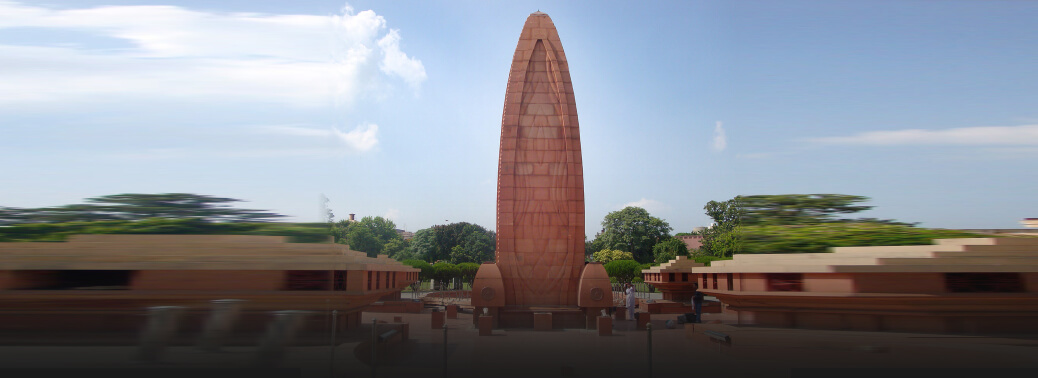NO APOLOGY FOR JALLIANWALA BAGH FOR NOW, SAYS U.K.
10, Apr 2019

Prelims level : Indian History
Mains level : GS-I (The Freedom Struggle – its various stages and important contributors, contributions from different parts of the country)
Why in News:
- The British government has refused to apologise for the Jallianwala bagh massacre during a debate in the House of Commons.
Background:
Jallianwala Bagh Massacre
- Gandhiji gave a call for a mighty hartal on 6 April 1919.
- The people responded with unprecedented enthusiasm. The Government decided to meet the popular protest with repression, particularly in the Punjab. It was a Baisakhi day and the people were peaceful, unarmed, most of the crowd was villagers and were not aware that the sarkar has banned the meeting
- An unarmed but large crowd had gathered on 13 April 1919 at Jallianwalla Bagh to protest against the arrest of their popular leaders, Dr. Saifuddin Kitchlew and Dr. Satyapal.
- Jallianwala Bagh (located in Amritsar, Punjab) was a large open space which was enclosed on three sides by buildings and had only one exit.
- General Dyer surrounded the Bagh (garden) with his army until closed the exit with his troops, and then ordered his men to shoot onto the trapped crowd.
- They fired till their ammunition was exhausted.
- Thousands were killed and wounded. After this massacre, martial law was proclaimed throughout the Punjab and the people were submitted to most uncivilized atrocities.
Hunter Committee Report:
- The Jallianwala Bagh massacre was followed by establishment of a non-official enquiry committee by Congress. The British Government did not initiate such inquiry till Congress had set up such committee. Later, the Government established a committee headed by Lord Hunter a Senator of the “College of justice of Scotland”. This committee had 7 members viz. 4 British and 3 Indians






